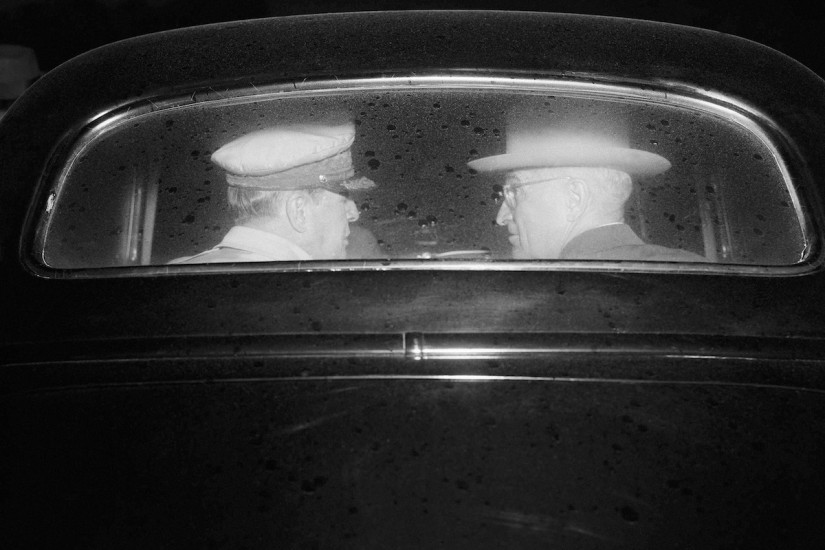The collapse of talks between President Trump and North Korean leader Kim Jung Un in Hanoi means that Pyongyang’s nuclear program will continue — and so, too, will the still unresolved Korean War, now nearly 70 years old.
The war, which ended with a truce but not a peace treaty, is famously forgotten in the United States, but it is invoked as legal authority every time a president sends U.S. troops overseas without congressional authorization.
The war was the first large overseas U.S. conflict without a declaration of war, setting a precedent for the unilateral presidential power exercised today. The Korean War has helped to enable this century’s forever wars. A peace deal, which Trump has talked of reaching, would not undo this forgotten legacy, but renewed American attention to the Korean War should be an occasion to rethink the president’s war powers.
Trump’s Office of Legal Counsel drew upon the Korean War precedent as authority after he ordered targeted military strikes on an air base in Syria from which the Syrian regime had launched chemical weapons on its own people in 2017 and 2018. In 2011, President Barack Obama also relied on the Korea precedent when, without congressional authorization, he ordered airstrikes in Libya in an effort to prevent civilian deaths by the government of Moammar Gaddafi. Similarly, it was authority for President George W. Bush when — again without congressional authorization — he sent Marines to Haiti for the purpose of peacekeeping and humanitarian assistance.
In late June 1950, American leaders were caught by surprise when North Korean forces invaded South Korea, a country established after World War II with United Nations and U.S. support. The administration of Harry S. Truman believed North Korean action was directed by the Soviet Union. Decades later, Soviet archives would show that North Korea pushed the Soviets to go along, but Truman and his advisers saw the invasion as a possible template for Soviet military action elsewhere in the world. They believed they needed to act quickly and forcefully.
On the evening of June 24, when news of the crisis first trickled into Washington, Dean Rusk, assistant secretary of state for Far Eastern affairs, and others rushed to the State Department and began planning to bring the issue before the U.N. Security Council.
That “was just automatic,” John D. Hickerson, assistant secretary for U.N. affairs, remembered, not something they debated. Truman agreed to this.
The council required convincing, however. The United Kingdom cautioned against going “beyond the bounds of the evidence,” and some members questioned whether the conflict was a civil war, which the U.N. should stay out of, rather than an act of aggression. Consequently, a resolution passed on June 25 was limited, and it was too early to contemplate the use of force. It called upon North Korea to cease hostilities and withdraw, and asked member states to render assistance. The Soviet Union was absent and unable to use its veto.
